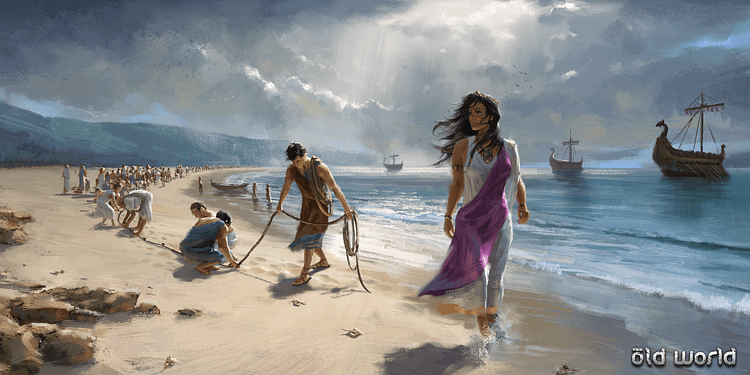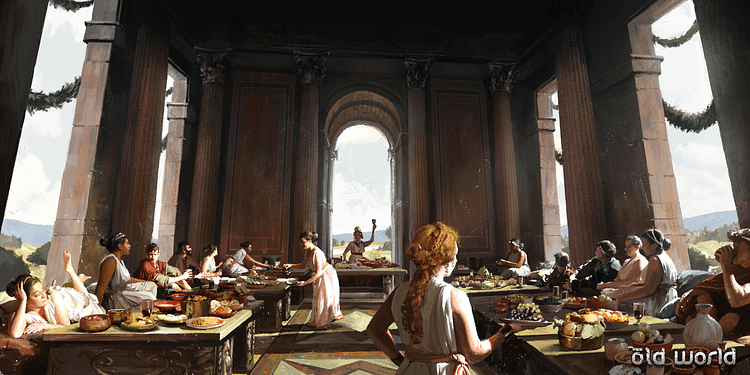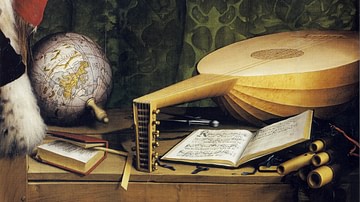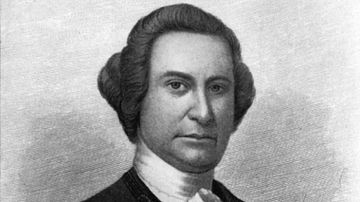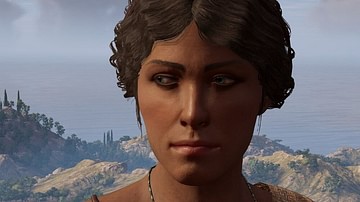We are pleased to announce that we have entered into a partnership with Mohawk Games a games company that shares our goal of engaging people with ancient history. Mohawk Games has just published Old World, a historical strategy game about classical antiquity in the Mediterranean, and World History Encyclopedia is using the game’s stunning artistic representations of antiquity to illustrate the world’s most-read history encyclopedia.
"This is a decade of history," says Leyla Johnson, CEO of Mohawk Games, referring to the fact that more and more historical TV series, movies, and games are becoming popular. In the game Old World, players are invited to rule as an entire dynasty of ancient kings and queens, both scheming and collaborating with other factions. Faced with thousands of dilemmas inspired by historical events, players experience antiquity like never before and gain a deeper understanding of what the ancient world was like.
As historical debates are raging in the public sphere, engaging people with history is more important than ever. The history and effects of slavery are a hot topic at the moment, illustrating the fact that the past cannot be ignored in current affairs. Importantly, the public needs a solid foundation in history to disentangle misinformation.
"People do not use history to teach our kids lessons in mercy and love, they manipulate it," criticizes Johnson. World History Encyclopedia’s CEO, Jan van der Crabben agrees: "We need to learn about history in order to be able to understand the present. Only by knowing how we arrived here can we build a better society... and that includes recognizing the failings of our forebears and working to fix them."
By joining forces and combining the power of inspiration and engagement only an interactive game can provide, coupled with the wealth of historical information provided by World History Encyclopedia, the two organizations' missions align perfectly. The more people are engaged with history and learn about it, the better society will be able to understand (and improve upon) the present.

